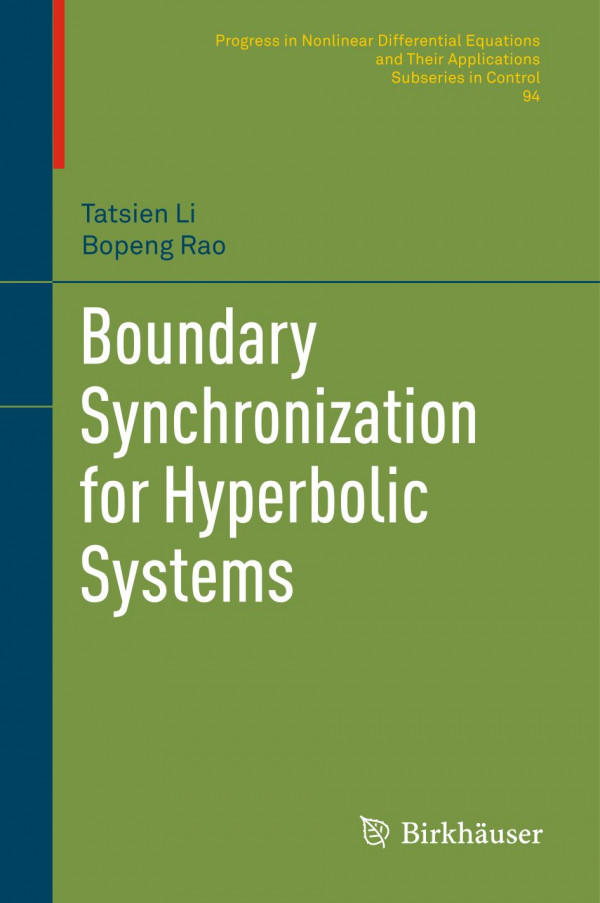

Most ebook files are in PDF format, so you can easily read them using various software such as Foxit Reader or directly on the Google Chrome browser.
Some ebook files are released by publishers in other formats such as .awz, .mobi, .epub, .fb2, etc. You may need to install specific software to read these formats on mobile/PC, such as Calibre.
Please read the tutorial at this link: https://ebookbell.com/faq
We offer FREE conversion to the popular formats you request; however, this may take some time. Therefore, right after payment, please email us, and we will try to provide the service as quickly as possible.
For some exceptional file formats or broken links (if any), please refrain from opening any disputes. Instead, email us first, and we will try to assist within a maximum of 6 hours.
EbookBell Team

4.1
30 reviewsWithin this carefully presented monograph, the authors extend the universal phenomenon of synchronization from finite-dimensional dynamical systems of ordinary differential equations (ODEs) to infinite-dimensional dynamical systems of partial differential equations (PDEs). By combining synchronization with controllability, they introduce the study of synchronization to the field of control and add new perspectives to the investigation of synchronization for systems of PDEs. With a focus on synchronization for a coupled system of wave equations, the text is divided into three parts corresponding to Dirichlet, Neumann, and coupled Robin boundary controls. Each part is then subdivided into chapters detailing exact boundary synchronization and approximate boundary synchronization, respectively. The core intention is to give artificial intervention to the evolution of state variables through appropriate boundary controls for realizing the synchronization in a finite time, creating a novel viewpoint into the investigation of synchronization for systems of partial differential equations, and revealing some essentially dissimilar characteristics from systems of ordinary differential equations.
Primarily aimed at researchers and graduate students of applied mathematics and applied sciences, this text will particularly appeal to those interested in applied PDEs and control theory for distributed parameter systems.